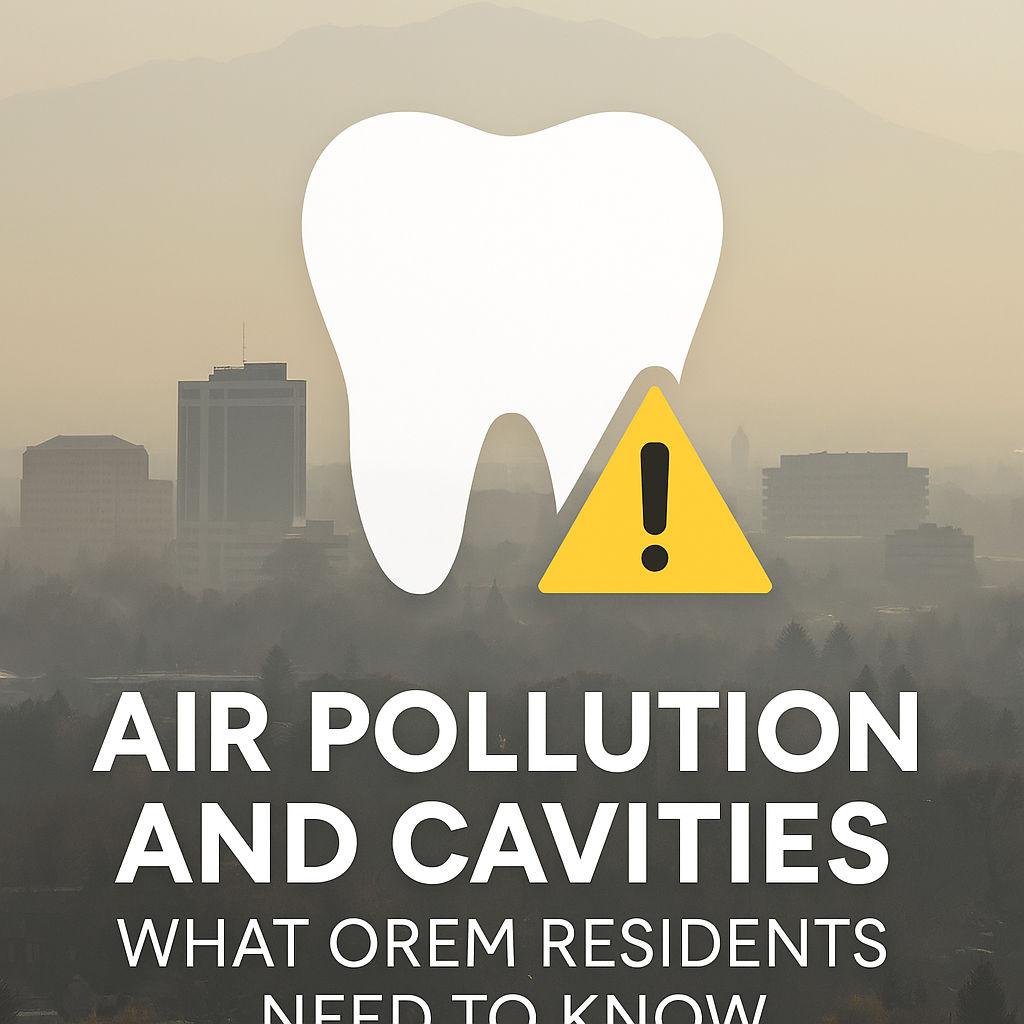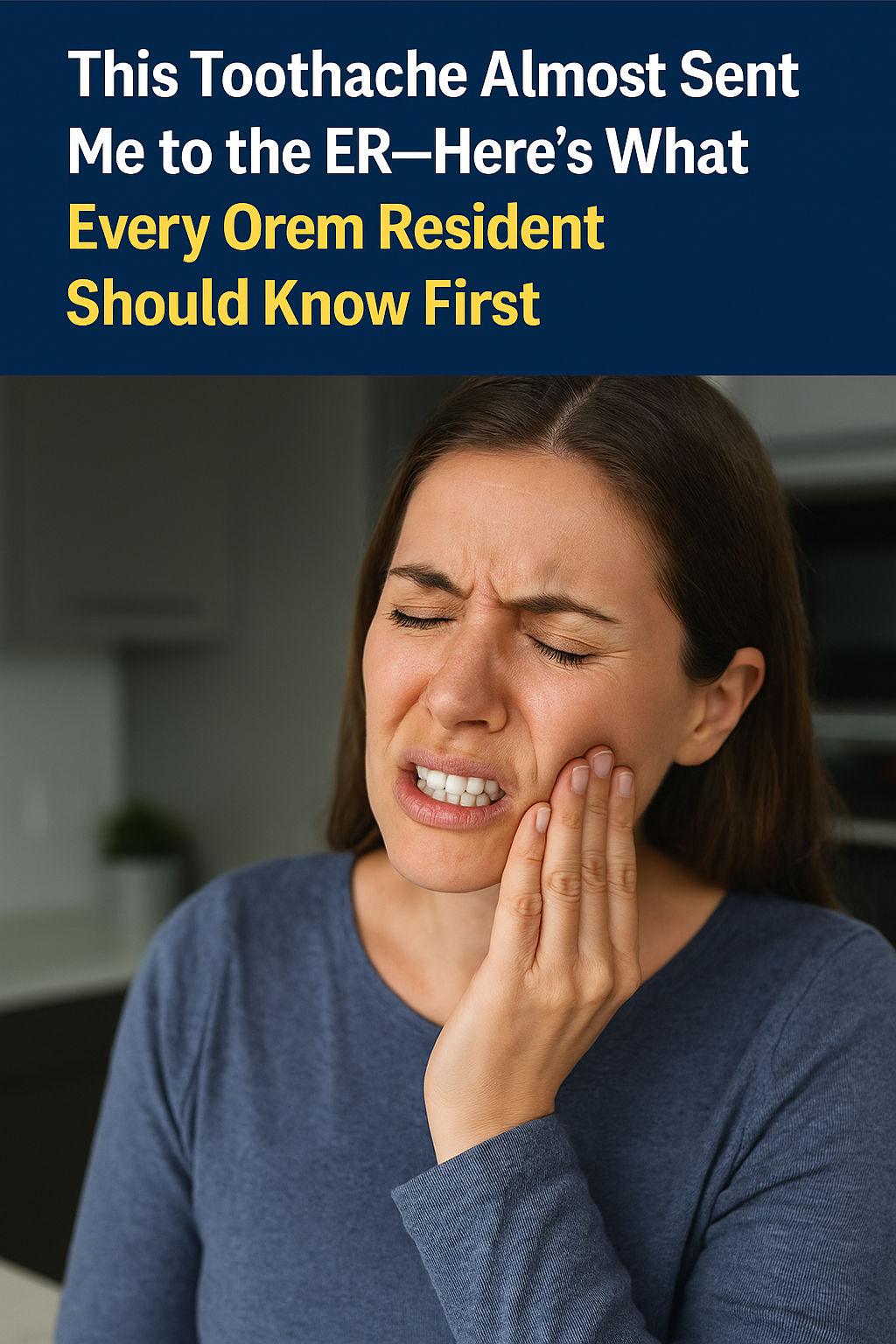Blog Highlights
- Mouthwash is an important part of a regular dental hygiene routine
- There are several types and brands of mouthwash in stores today
- It’s important to choose a mouthwash according to your dental needs
Mouthwash is a common oral hygiene product. Most dentists encourage patients to use it at least once a day. However, the question remains: does it really work? On average, mouthwash is in your mouth for about 30 seconds. Does such a short exposure time make a difference in your oral health? In fact, it does.
Our saliva is a natural mouthwash that helps protect our teeth, but sometimes your mouth needs a little extra help. Mouthwash is an important part of a regular dental hygiene routine. As you know, brushing your teeth helps remove food and bacteria, and flossing cleans the spaces between your teeth. Mouthwash helps rid your mouth of any additional, unwanted bacteria and can provide an extra layer of protection against cavities and gum disease.
There are several types and brands of mouthwash in stores today. When choosing your mouthwash, pay attention to the different ingredients that are used. Different ingredients have different benefits that may be more suitable for your teeth. Some mouthwashes contain alcohol. Alcohol is considered an antimicrobial agent and helps to kill unwanted bacteria and germs. Detergents can help to loosen plaque and dislodge food debris. Most mouthwashes also contain fluoride to help protect teeth against acid attacks.
It’s important to choose a mouthwash according to your dental needs. If your primary interest in mouthwash is to have fresh-smelling breath, choose a mouthwash that smells good to you. However, if you’re worried about decaying teeth, you may want to opt for a mouthwash with fluoride or extra fluoride. For a dry mouth, it’s best to avoid mouthwash that contains alcohol. Suffering from gum disease? Try a mouthwash that contains chlorhexidine. Many mouthwashes contain a combination of these ingredients, so you’re sure to find just the right one.
If you’re worried about the high levels of chemicals in traditional mouthwashes, consider using a simple saltwater mouthwash. Salt serves as a disinfectant and can help reduce swelling in tissues, making it ideal for treating mouth wounds. Most dentists recommend using a saltwater mouth rinse for several weeks after dental surgery. However, long-term use of saltwater mouth rinses should be avoided as it can lead to tooth erosion.
Mouthwash really can make a difference regarding your oral health. It keeps your breath smelling fresher, helps to prevent cavities and gum disease, and reduces the amount of plaque and bacterial build up in your mouth. Remember to use your mouthwash in combination with regular brushing and flossing, and speak to your dentist to determine the best mouthwash for your teeth.





